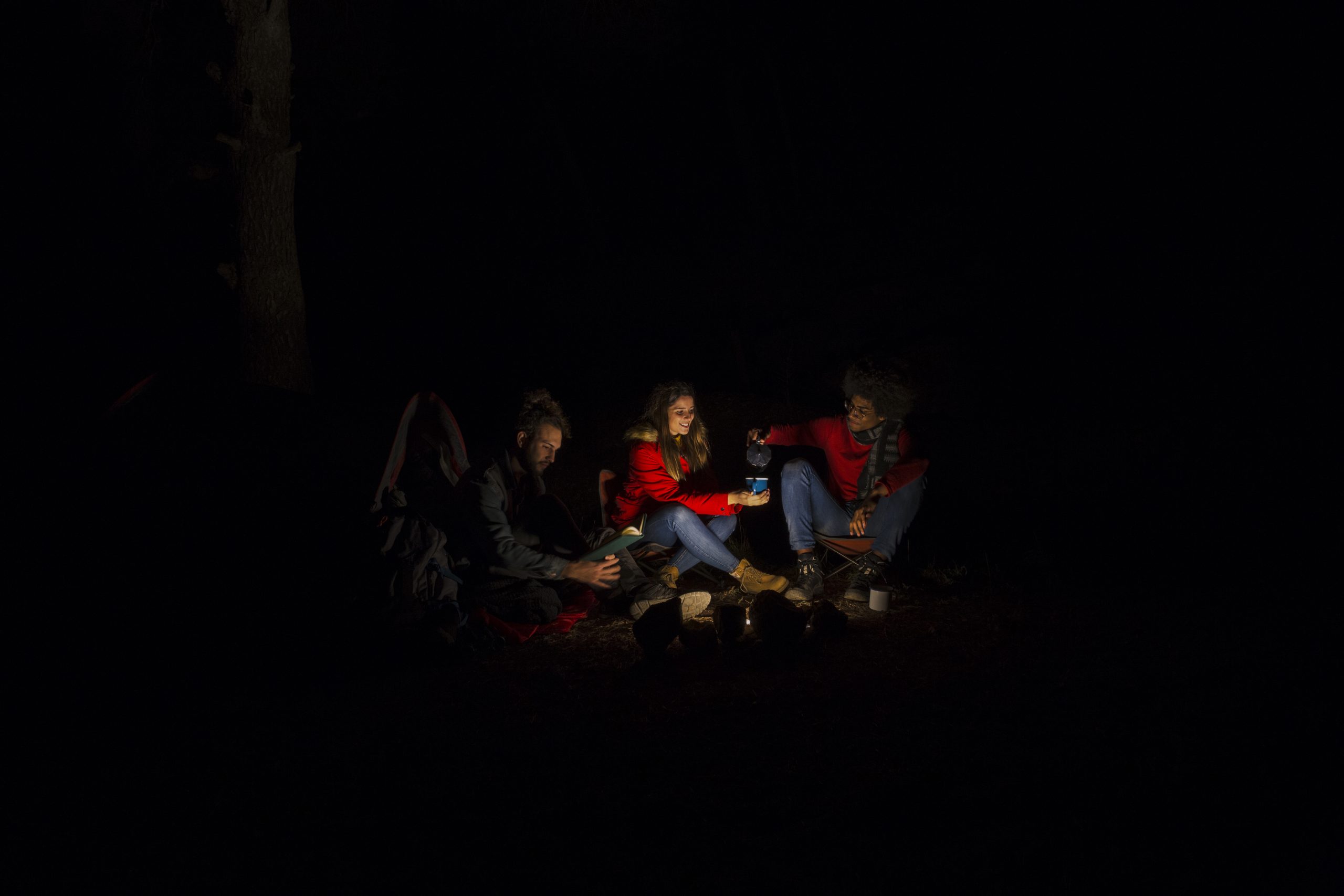Horror movies are a big deal. In fact, they’re so popular that entire industries have been created around them. And while horror movies may be fun and suspenseful, they also have a dark side. In this blog post, we’re going to explore the psychology of horror movies and how they work to scare us. From the classic jump scares to the latest technological innovations, learn all you need to know about horror movies in order to get the most out of your experience.
What are the psychological reasons why people enjoy horror movies?
Horror movies have a long and extensive history that can be traced back to the early days of cinema. The original scare films were inspired by stories of vampires, ghosts, and other supernatural beings that were reported in newspapers and journals. Today, horror movies are still one of the most popular genres among moviegoers.
There are many psychological reasons why people enjoy horror movies. They can be a way for viewers to explore their fear and anxiety levels, as well as their personal anxieties. Horror movies also provide an opportunity for people to reflect on their own life experiences and how they might relate to the characters in the film. Additionally, horror movies can provide entertainment that is both suspenseful and engaging.
The effects of horror movies on viewers
The horror genre is full of suspense and fear, which can have a psychological effect on viewers. This is due to the way in which horror movies are written and filmed. They elicit a reaction in people by using suspenseful music, fast editing, and jump scares.
One study found that watching horror movies makes people more likely to experience anxiety and fear. It also made them more likely to think about death, monsters, and the dark side of life. These thoughts can lead to anxiety or even PTSD in some cases.
However, not all horror movies have negative effects on viewers. In fact, some studies have found that those who watch horror movies tend to be happier than those who don’t. This may be because horror movies give people an opportunity to explore their fears and take part in something challenging without actually having to face any danger.
The dangers of horror movies
Horror movies are a popular form of entertainment, but what are the psychological dangers they pose?
First and foremost, horror movies tend to be extremely suspenseful. This can have a negative impact on viewers, who may begin to experience anxiety or even fear in reaction to normal everyday situations. In some cases, people may even develop phobias as a result of watching horror movies.
Another potential psychological danger arises from the way horror movies often depict violence. Scenes in which characters are terrorized or killed can leave lasting emotional scars. For some people, these images may cause significant distress even years after seeing the movie.
Finally, horror movies often contain graphic scenes that may be disturbing for children or adults with sensitive stomachs. While few horror films actually contain real violence or gore, these elements can still create a frightening experience for those who are particularly sensitive to them.
Conclusion The psychology of horror movies can be complex and fascinating. From the always-popular Saw series to more recent entries such as Annabelle and The Conjuring, these films have a way of tapping into our most primal fears, often resulting in some truly spine-tingling experiences. Understandably, many people enjoy watching these movies for entertainment purposes, but there is also something compelling about their psychological underpinnings. If you’ve ever wondered why certain scenes or sequences manage to make you scream or toss your cookies, this article should provide some insight.

Hi, this is a comment.
To get started with moderating, editing, and deleting comments, please visit the Comments screen in the dashboard.
Commenter avatars come from Gravatar.